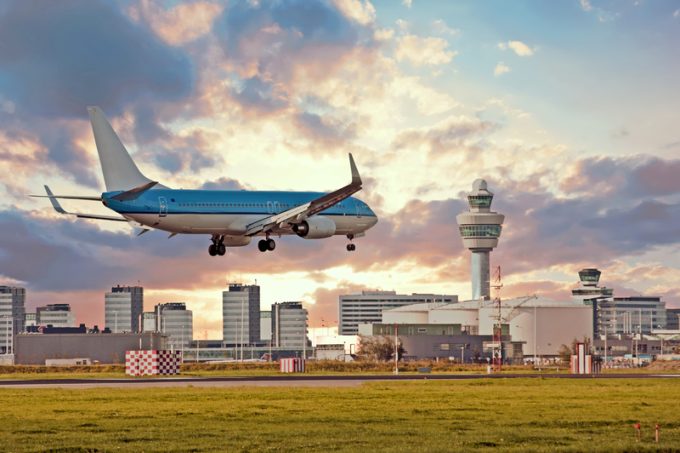Liege Airport sets new record for cargo this year, as more carriers arrive
Success begets success: certainly in the case of Liege Airport (LGG), which in a fairly ...

Amsterdam Airport Schiphol is to re-think its strategy, examining all the airports in the group and its overall cargo plan for the Netherlands.
It is a year since the airport hit its capacity constraints, leading to the loss of slots for freighter operators.
Just a few months later, Schiphol absorbed its cargo department into its aviation marketing team, a move that surprised a market used to Schiphol’s central focus on cargo and a general trend towards splitting cargo units into separate divisions.
But head of aviation marketing Maaike ...
Maersk u-turn as port congestion increases across Northern Europe
Apple logistics chief Gal Dayan quits to join forwarding group
Maersk Air Cargo sees volumes fall as it aims for 'margin in favour of revenue'
Houthis tell Trump they will end attacks on Red Sea shipping
Transpac rates hold firm as capacity is diverted to Asia-Europe lanes
Airlines slash freighter capacity post-de minimis, but 'the worst is yet to come'
MSC revamps east-west network as alliance strategies on blanking vary
India-Pakistan 'tit-for-tat' cargo ban sparks sudden supply chain shocks


Comment on this article